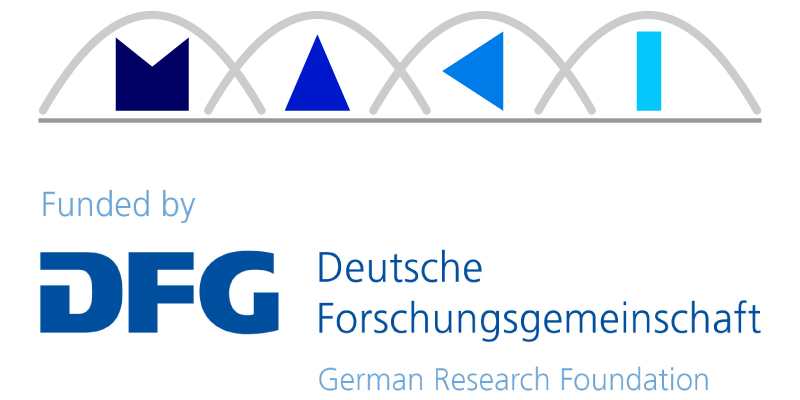In today's rapidly evolving digital landscape, the way we communicate and interact with each other has undergone a profound transformation. Applications become more and more interconnected and rely on increasingly diverse and heterogeneous service models for seamless functionality. Video meetings, for example, require service models ranging from low-latency and best-effort delivery for media streaming, to reliable to reliable or unreliable message passing, and in-order byte delivery for file transfer.
And while the transport layer plays a crucial role in facilitating efficient data transmission, it has not kept up with the rapidly changing requirements. The de-facto standard transport protocols UDP and TCP provide unreliable datagram service and reliable bytestream service, respectively. While TCP and UDP cater to specific communication needs, their fixed characteristics limit their ability to cater to the diverse requirements of modern service models, which demand flexibility, scalability, and adaptability. Consequently, the evolution of application communication requires the emergence of new protocols and hybrid approaches that aim to bridge the gap and fulfill the varied needs of today's interconnected applications.
Multi-stream protocols can provide a possible solution to the limitations of traditional protocols like TCP and UDP, allowing for more flexible and efficient communication in modern service models. Our goal is to design a multi-stream protocol, which selects, configures and adapts mechanisms to satisfy the demand and requirements of the application and utilizes the capabilities of the network layer. However, this presents unique challenges. One major challenge is managing and coordinating multiple streams efficiently, ensuring that data is delivered in the desired order. This requires optimized QoS models and effective congestion control algorithms to optimize the allocation of network resources. Additionally, handling errors and retransmissions becomes more complex when dealing with multiple streams, as failures in one stream should not affect the others and not all data needs retransmission. Balancing these challenges while maximizing the benefits of multi-stream protocols is a critical area of research and development in the quest for more effective communication in diverse service models.
We do not aim for a complete and exhaustive solution in the sense of a one-size-fits-all transport protocol, but we intend to explore the solution space and the interdependencies between services, mechanisms, mechanism selection and mechanism adaptation, and a prototype transport protocol design that demonstrates the viability of supporting heterogeneous streams.
Subproject Leader X4:
| Name | Contact | |
|---|---|---|

| Prof. Dr. Björn Scheuermann Communication Networks | bjoern.scheuermann@kom.tu-... +49 6151 16-29107 S3|20 |



